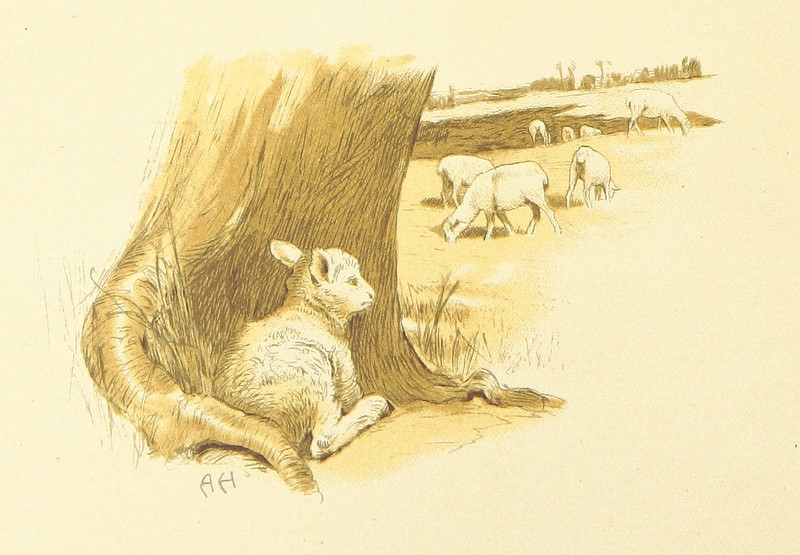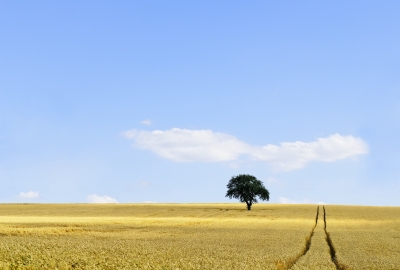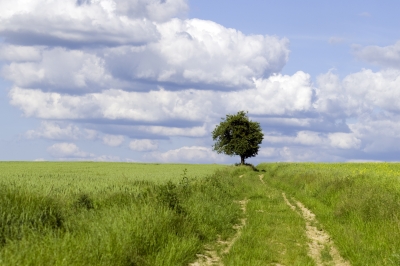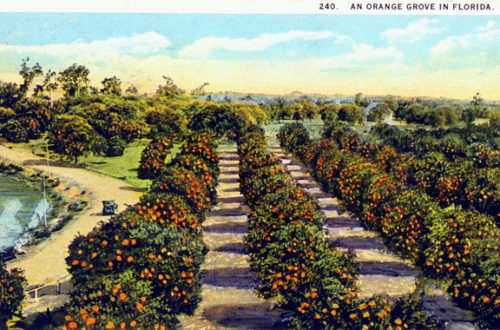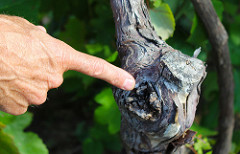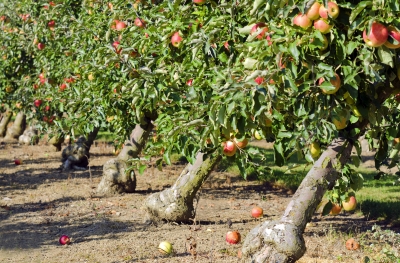-
Book Review: Three Free Sins, by Steve Brown
No one would ever accuse Steve Brown of not having guts. In his new book, Three Free Sins: God’s Not Mad At You, Howard Books, 2012, Steve uses those guts to take on your insatiable appetite for being good. Here are some of Steve’s hard to hear insights: Self -righteousness is just another name for self-sufficiency. It is a horrible trait for a number of reasons. First, it is always a lie. Nobody is that righteous, and hardly anybody is that sufficient. Second it requires a mask. And if we wear that mask long enough, it will make us phony and empty. Third, it will cause others to label…
-
Lost In Christ, A. B. Simpson
“A dear friend once sent me a picture from Rome, with a prayer that it might be fulfilled in me. It was a photograph of the old painting of John leaning on Jesus’ breast. As I studied it, I noticed that I could not see the face of John at all. The form of his head was visible, but his face was buried in the bosom of Jesus, and the master’s face was beaming over him and covering him with its light and love.Yes, that was John. He was lost in Christ. His personal consciousness was merged in his Master’s person, and he had found that the true secret of…
-
# 3 Growth in Grace, A.W. Pink
“Growth in grace is growth downward. It is the forming of a lower estimate of ourselves. It is a deepening realization of our nothingness. It is a heartfelt recognition that we are not worthy of the least of God’s mercies.” A. W. Pink (1886-1952) Please follow and like us:
-
Ripe Fruit Takes Time, Chrysostom
Depart from the highway, and transplant thyself in some enclosed ground, for it is hard for a tree that stands by the wayside to keep its fruit until it be ripe. John Chrysostom (347-407) Please follow and like us:
-
#2 Slow Is Okay
“Before He furnishes the abundant supply, we must first be made conscious of our emptiness. Before he gives strength, we must be made to feel our weakness. Slow, painfully slow, are we to learn this lesson; and slower still to own our nothingness and take the place of helplessness before the Mighty One.” A. W. Pink (1886-1952) Please follow and like us:
-
Rags of Self-Reliance, Wilkerson
“I give up my filthy rags of self-reliance and good works. I lay aside my worn-out shoes of striving. I leave behind my sleepless nights on the streets of doubt and fear. And in return, I get adopted by a King. This is what happens when you seek the pearl, the treasure, till you find him. Jesus offers you everything he is. He brings you joy, peace, purpose, holiness. And he becomes your everything—your waking, your sleeping, your morning, afternoon and evening.” Exerpt from The Secrets of the Lord, by David Wilkerson (1931-2011) Please follow and like us:
-
#1 You Need Sun
Oswald Chambers on disobedience: “If things are dark to me, then I may be sure there is something I will not do. Intellectual darkness comes through ignorance; spiritual darkness comes because of something I will not do.” Oswald Chambers (1874-1917) Please follow and like us:
-
Regent of Your Own Action?
“We must refuse, abandon, deny self altogether as a ruling, determining, or originating element in us. It is to be no longer the regent of our action. We are no more to think, ‘What shall I do”‘ but ‘What would the Living One have me do?'” George MacDonald, Scottish poet, author, (1824-1905) Please follow and like us:
-
The Bad News About Good Works, by Spurgeon
“Now, I dare say we shall offend many here when we tell them what good works are; for in our opinion good works are the rarest things in the world, and we believe we might walk for many a mile before we should see a good work at all. We use the word good now in its proper sense. There are many works which are good enough between man and man, but we shall use the word good in a higher sense to-day as regards God. We think we shall be able to show you that there are very few good works anywhere, and that there are…
-
Growing in Grace
If I could make each one of my readers realize how utterly helpless we are in the matter of growing, I am convinced a large part of the strain would be taken out of many lives at once. Imagine a child possessed of the monomania that he would not grow unless he made some personal effort after it. He might, it is true, spend his days and years in weary strain, but after all there would be no change, “No man by taking thought can add one cubit to his stature;” and his years of labor would be only wasted, if they did not really hinder the longed-for end. Grow,…
